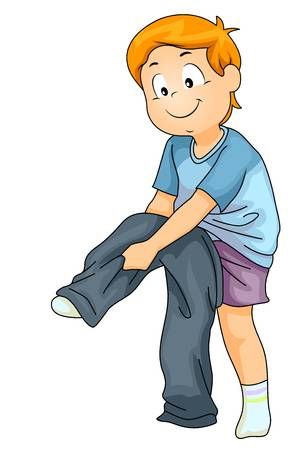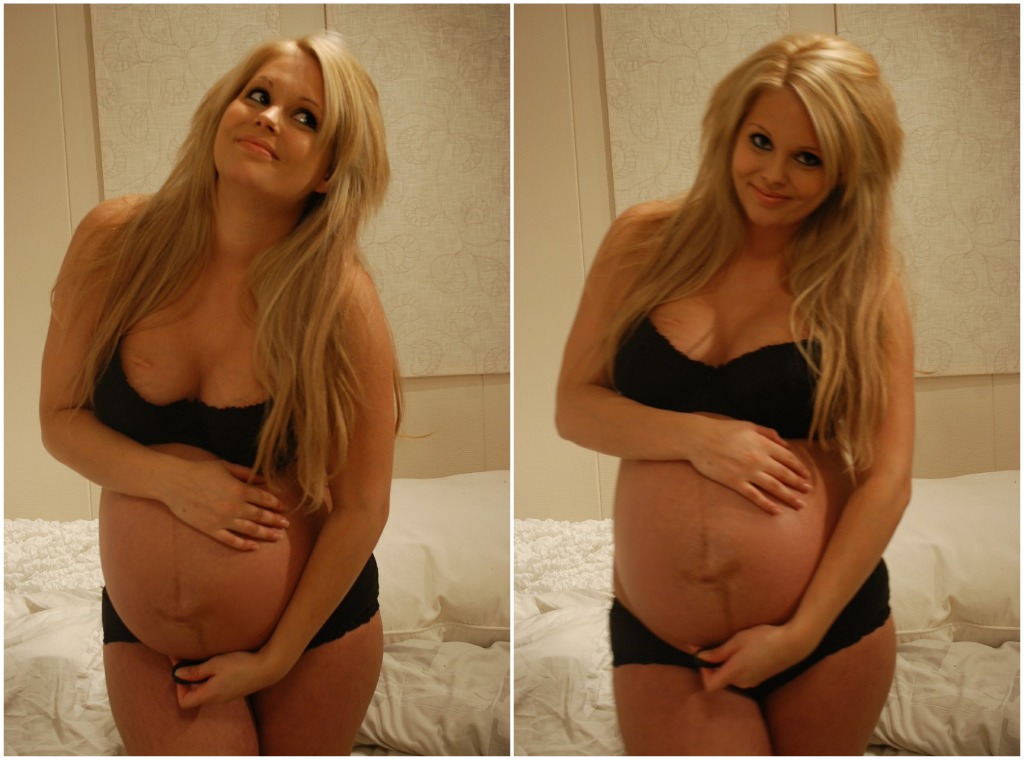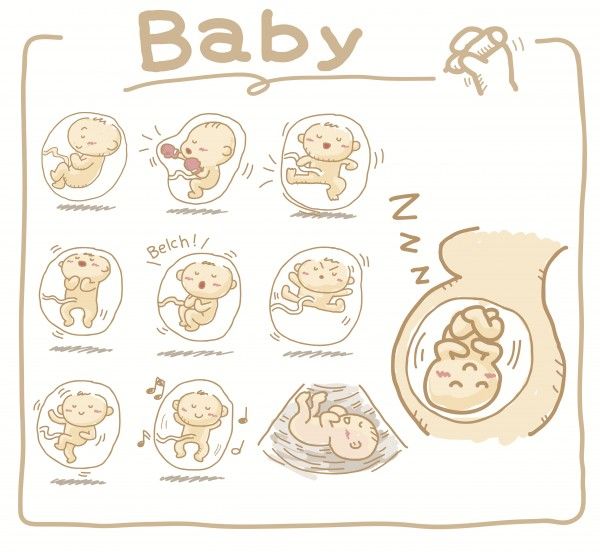When should you start playing music for your unborn baby
Play Music for Baby in the Womb— 8 Reasons Why You Should
You love classic Beatles tunes, your spouse loves ’90s jams. Maybe your family is into daily dance parties or playing instruments like a guitar or a violin or you made your own (crafty!). Even if you just use a cookie sheet and a wooden spoon so you can exhaust your energy before bed, music is always surrounding you.
Music is a major part of all of our lives and if you have a little one on the way, you probably already know there is no reason to wait until baby makes their big debut to introduce them to your favorite genres.
You’re likely talking, reading, singing, and playing music for baby just as women have been doing for decades. In fact, moms-to-be love playing music for baby so much that the top 10 titles of pregnancy music albums on YouTube have been played 35 million times!
And it’s not a trend. There is a wealth of medical and scientific research from all around the world that supports the many benefits of playing music for baby in the womb and we’re sharing a few of them with you below.
Babies Will Remember
According to new studies, newborn babies can remember music for up to a year after they’re born! That means the symphonies you play for them today, while still in the cozy confines of your bump, can still spark memory and interest for months after they arrive Earth-side!
Supports Brain Development
If your baby was born premature, you’ll be glad to note that playing and listening to all kinds of music can encourage early brain development. How? Experiencing music while in-utero (and after birth!) can help the brain make neuron connections, as well as assist with the growth of brain structures.
Stimulates Movement
Just as we feel the urge to bust a move out here, your baby is stimulated by music in-utero and you’ll be able to tell by the increases in their movement and heartbeat. Try it out! Use these Mbrio Clip-On Pregnancy Music Earbud Adapters and play a little tune for your babe. You’ll probably notice a big shift in their movement and get your kick counts in right away!
You’ll probably notice a big shift in their movement and get your kick counts in right away!
Mbrio Clip-On Pregnancy Music Earbud Adapters
Patented earbud adapters like these from mbrio turn your earbuds into pregnancy headphones, which makes sharing music with your baby easy and comfortable. Just pop in any set of compatible earbuds, clip them to your waistband, and go! No need for splitters, sticky pads, volume control switches, or iPhone plug adapters. Plus, when used as directed, mbrio is 100% fail-safe as the volume reduction cannot by turned off or bypassed.
Prompts Prenatal Bonding
Music is a key part of prenatal bonding. Whether you’re listening to a soft song or singing your little one a lullaby, the tunes disperse calming chemicals throughout your body and into your placenta, which has a relaxing effect on both mom and baby.
Helps Sleep Patterns
Listening to music in the womb can have positive effects on newborn sleep patterns and what new parent doesn’t want that? Babies who were played music in the womb are said to calm and fall asleep much faster when listening to that same music after birth.
Lowers Stress and Anxiety
Pregnancy can be a chaotic and uneasy time for many moms-to-be, but listening to music during your three trimesters is often associated with lower levels of stress and anxiety. Feeling on edge? Try sitting back, placing your hands on your belly, and playing your favorite soothing tracks. Take a few deep breaths and you may begin to notice your stress melting away— baby will thank you too!
Can Help During Birth
Did you know moms who listen to music during the birth process were found to need lower levels of pain medication, and in some studies, have shorter labors? There are dozens of playlists for birth available for moms-to-be or consider downloading a Hypnobirthing track or meditation to help guide you through your birth with music and hushed tones.
Can Boost NICU Babies
Music therapy in neonatal intensive care units (NICU) can help the babies keep calm, feed better, and gain weight. In many studies, it was found that playing music for premature babies can help reduce their stress, decrease crying, improve sleep, and thus, reduce their overall stay within the NICU. We love this story of how music therapy helped one NICU baby who was born at just 29 weeks.
We love this story of how music therapy helped one NICU baby who was born at just 29 weeks.
If you want to start playing music for your baby, the best time is around 24 weeks which is when your baby can begin to hear. But don’t pump those jams too loudly!
“You don’t want to blast your music too loudly because all of that amniotic fluid around baby conducts sound,” OB-GYN Kecia Gaither, MD, MPH, FACOG, director of perinatal services at Lincoln Medical and Mental Health Center in NYC told Monica + Andy. Instead, stick to music with a sound of approximately 50 decibels or less. “Women who are chronically exposed to sounds greater than 100-115 decibels were found to be at risk for preterm birth, low birth weight, increased congenital anomalies, [among other issues].”
You’ll also want to read our list of the Cleanest Baby Products You Can Buy or What to Pack in Your Hospital Bag for a Second Baby.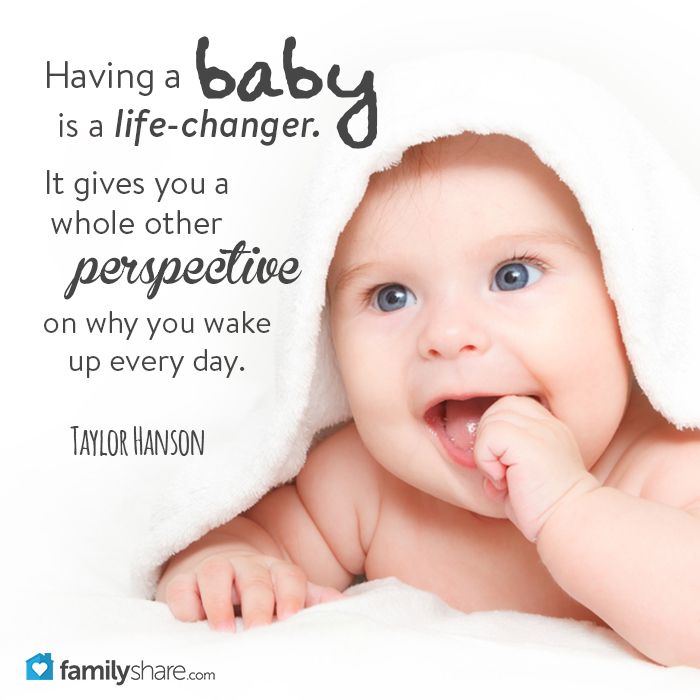
Music for Baby in Womb: Should You Play It?
Music for Baby in Womb: Should You Play It?Medically reviewed by Debra Rose Wilson, Ph.D., MSN, R.N., IBCLC, AHN-BC, CHT — By April Newton on November 11, 2018
Music might soothe baby’s soul, even before birth. But don’t go putting earphones on your belly just yet. Mom’s voice may be all a baby needs to hear.
Your tiny companion is listening to your voice long before you see each other. Developing babies likely start hearing sounds in the second trimester, but they really begin to respond to various noises during the final trimester.
Mom’s voice, in particular, is conducted through her own body. As you talk, sing, or read aloud, your voice vibrates and amplifies inside of your body. It’s an effective system, which doctors say is much more efficient than putting earphones or buds on the belly.
Babies actually do learn in the womb, a 2013 study found. But the researchers are quick to point out that “learning” really means the babies develop familiarity with something.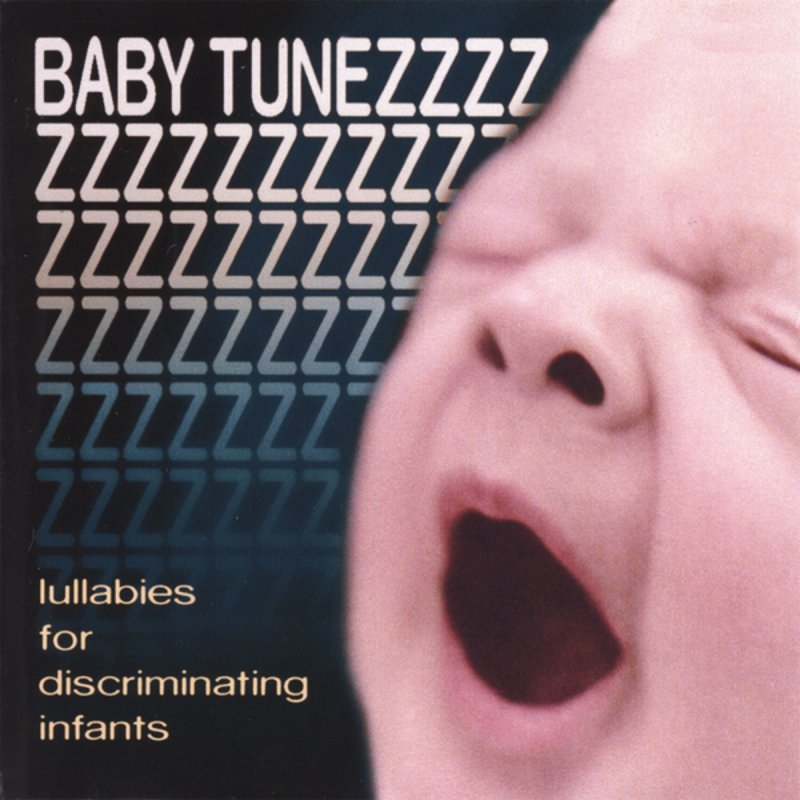
The researchers noticed that babies who heard a song repeatedly while in the womb seemed to calm when the same song was played after they were born.
But several professionals caution that you don’t need to run out and buy learning CDs and belly buds to teach your child multiple languages in utero. The pros say brain development happens mostly outside of the womb, after your baby is born. That means you can save the serious lessons until later.
But does all of this mean you shouldn’t bother to play Mozart or listen to Marsalis before baby is born? Not at all.
Any healthy activity that you enjoy or find relaxing while you are pregnant will have a positive effect on your baby. Further, if you sing along while you listen, your baby hears your voice and develops familiarity with what you sound like and with the melodies you enjoy.
Is any particular music better for baby? Doctors say simple tunes are best, but nearly anything you enjoy is just fine. The key is to listen because you like it.
If you’re stumped for good tunes, there are a number of playlists on music websites that people have curated just for pregnancy. Some focus on music for meditation, some focus on positive pop music. The options are endless.
For some soothing music you and your babe-to-be will both love, tune into our womb-friendly playlist on Spotify:
It’s important to remember that a womb is a noisy place. Your stomach gurgles, your heart beats, your lungs fill with air. On top of that, your voice is amplified by the vibration of your bones as the sound travels through your body.
While pregnant, you should try to keep the volume of outside sounds around 50 to 60 decibels, or about the same loudness of a normal conversation. That means you definitely don’t want to use headphones on the belly.
Doctors say that the sound from earphones will be very loud by the time it reaches baby in your belly, which is something you want to avoid.
You can attend the occasional concert while you are pregnant or sit in a loud movie theater once in a while. But regular exposure to high-volume noises is something nearly all professionals warn against. Avoid very loud concerts after 18 weeks.
But regular exposure to high-volume noises is something nearly all professionals warn against. Avoid very loud concerts after 18 weeks.
All the warnings aside, sing, dance, and enjoy your musical pregnancy — your baby will enjoy it, too!
Last medically reviewed on November 12, 2018
- Parenthood
- Pregnancy
- Pregnancy Health
How we reviewed this article:
Healthline has strict sourcing guidelines and relies on peer-reviewed studies, academic research institutions, and medical associations. We avoid using tertiary references. You can learn more about how we ensure our content is accurate and current by reading our editorial policy.
- Huotilainen M, et al. (2013). Prenatal music exposure induces long-term neural effects.
plosone.org/article/fetchObject.action?uri=info%3Adoi%2F10.1371%2Fjournal.pone.0078946&representation=PDF - Jahn M et al. (2015).
 Music devices for the fetus? An evaluation of pregnancy music belts.
Music devices for the fetus? An evaluation of pregnancy music belts.
doi.org/10.1515/jpm-2015-0074 - Kuhl P, et al. (2012). Language experienced in utero affects vowel perception after birth: a two-country study.
ilabs.uw.edu/sites/default/files/2012%20Moon%20et%20al.pdf - Parncutt R, et al. (2017). Chuckrow’s theory of the prenatal origin of music.
doi.org/10.1177/1029864917738130 - Partanan E, et al. (2013). Prenatal music exposure induces long-term neural effects.
doi.org/10.1371/journal.pone.0078946 - Teie D. (2016). A comparative analysis of the universal elements of music and the fetal environment.
doi.org/10.3389/fpsyg.2016.01158
Our experts continually monitor the health and wellness space, and we update our articles when new information becomes available.
Current Version
Nov 12, 2018
Written By
April Newton
Edited By
Nizam Khan (TechSpace)
Medically Reviewed By
Debra Rose Wilson, PhD, MSN, RN, IBCLC, AHN-BC, CHT
Share this article
Medically reviewed by Debra Rose Wilson, Ph. D., MSN, R.N., IBCLC, AHN-BC, CHT — By April Newton on November 11, 2018
D., MSN, R.N., IBCLC, AHN-BC, CHT — By April Newton on November 11, 2018
related stories
When Can a Fetus Hear?
Do Babies Poop in the Womb?
When Can You Feel Your Baby Move?
What Your Baby’s Position in the Womb Means
Your Guide to a Pregnancy-Safe Skin Care Routine
Read this next
When Can a Fetus Hear?
Medically reviewed by Debra Sullivan, Ph.D., MSN, R.N., CNE, COI
Your developing baby starts hearing sound by your second trimester of pregnancy. Here's a timeline for what to expect.
READ MORE
Do Babies Poop in the Womb?
Medically reviewed by Debra Sullivan, Ph.D., MSN, R.N., CNE, COI
Pregnancy can lead to a lot of questions about what's going on with your body and your growing baby. One question you may wonder is, do babies poop in…
READ MORE
When Can You Feel Your Baby Move?
Medically reviewed by Carolyn Kay, M.
 D.
D.Feeling your baby move is one of the most exciting milestones of your pregnancy. We'll tell you when this should happen and how it changes over time.
READ MORE
What Your Baby’s Position in the Womb Means
Medically reviewed by Debra Sullivan, Ph.D., MSN, R.N., CNE, COI
The positions of your baby in the womb becomes important as your due date approaches because they should be in the best position for delivery. As your…
READ MORE
Your Guide to a Pregnancy-Safe Skin Care Routine
When you're expecting, pregnancy-safe skin care can help ensure the health of you and your baby. We'll tell you what to avoid — and some good…
READ MORE
Can Ectopic Pregnancy Be Diagnosed With Ultrasound?
Medically reviewed by Valinda Riggins Nwadike, MD, MPH
Ectopic pregnancy is a serious condition that requires accurate and swift diagnosis.
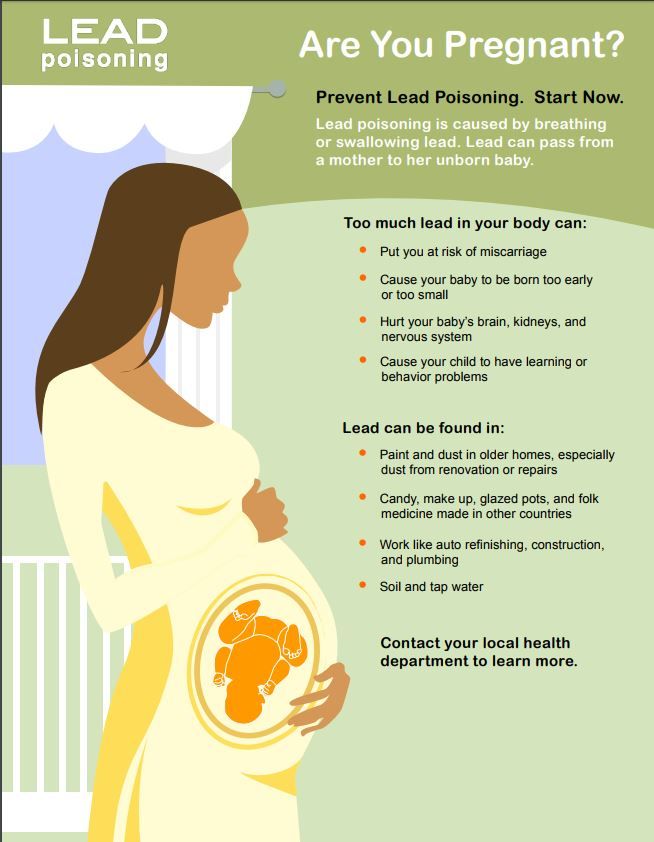 Ultrasound for ectopic pregnancy diagnosis is just one tool your…
Ultrasound for ectopic pregnancy diagnosis is just one tool your…READ MORE
Is It Safe to Consume Flaxseeds During Pregnancy?
Given the inconclusive and conflicting stances about eating flaxseeds during pregnancy, it might be better to err on the side of caution.
READ MORE
Pregnancy After Miscarriage: Answers to Your Questions
Medically reviewed by Amanda Kallen, MD
Getting pregnant after a miscarriage can be an emotional experience, filled with joy but also anxiety and guilt. Learn more about pregnancy after…
READ MORE
What Is a Nurse Midwife and How to Tell If They Are Right for You
Medically reviewed by Meredith Wallis, MS, APRN, CNM, IBCLC
A nurse midwife is a nurse with education, training, and certification to provide prenatal, delivery, and women's care.

READ MORE
Your 6-Week Ultrasound: What to Expect
Medically reviewed by Valinda Riggins Nwadike, MD, MPH
We'll tell you all about the 6-week ultrasound, including why your doctor may have ordered it, what the risks are, and what it means if no heartbeat…
READ MORE
How, why and when to introduce children to classical music
Why is it so important to teach a child to listen to classical music, what exactly should be the right classic and how not to make a mistake with the choice - this is told by the mother, journalist and press attaché of the Perm Opera and ballet them. P. I. Tchaikovsky Irina Korneevskaya. To make it even easier for you, you will find here a list of 100 classics that a child can play from infancy.
Information environment and information hygiene
We are flooded with information: without exaggeration, in order to survive, a modern person needs to be able to navigate in an avalanche of various data, choose the right one and, most importantly, filter out garbage without wasting attention and time on it. And if you yourself somehow learned this in 25-35 years, formed preferences (your “news diet”), then becoming a parent, you suddenly realize that now you need to do all this work again. That is, completely anew, literally from scratch. To protect a new person in this world from the superfluous and surround him with value from birth until he tells you "I know better myself."
And if you yourself somehow learned this in 25-35 years, formed preferences (your “news diet”), then becoming a parent, you suddenly realize that now you need to do all this work again. That is, completely anew, literally from scratch. To protect a new person in this world from the superfluous and surround him with value from birth until he tells you "I know better myself."
Numerous methods of early development encourage new parents to start developing all the senses of your baby as early as possible and intensively, otherwise “it will be too late”. The parent should get rid of such aggressive calls to immediately develop the child as informational garbage, but one should not rush to the other extreme.
For the next decade and a half, you are the main example for your child of how to live, what to value, what to avoid
Throwing him into the abyss of information without filtering this flow is irresponsible. The task of a parent is to create a beneficial environment for development. Offer material and observe whether the child accepts it or not.
Offer material and observe whether the child accepts it or not.
Variety of sounds of the surrounding world
One of the child's senses is hearing. Every sound of the surrounding world is new for him, it is still far from the perception of music. The first months after birth are very difficult for the baby. It is known that a newborn perceives the world as a soup. He feels himself and everything around him as a whole, he does not yet know what “I” is:
“The baby still does not distinguish between what his senses tell him about the environment, and what about his body. For an infant, the environment and his body are one and the same. What happens outside also happens in his body. And what his body feels, feels everything and everything. The whole world is bored, the whole world is hungry, the world is warm, damp, or the world is tired. Everything is one single olfactory-color-sound impression.
From the book “Naughty? So it's evolving! Hetty Vandereyt, Frans Ploy
Personally, I am skeptical about the advice to turn on classical music to a baby of the first six months of life. In my opinion, this is simply of little use. Moreover, up to about six months, infants do not have selective attention, the various sounds of the baby are shocking, as they merge. Due to the peculiarities of hearing, the world of infants very easily turns into a crazy cacophony.
In my opinion, this is simply of little use. Moreover, up to about six months, infants do not have selective attention, the various sounds of the baby are shocking, as they merge. Due to the peculiarities of hearing, the world of infants very easily turns into a crazy cacophony.
If you still want to include music for your baby from birth, make a choice in favor of lullabies (and works similar to them) in orchestral processing. Well, and sing lullabies yourself. Here the baby has both his own favorite voice and music.
In infancy, the child needs to be shown the nature of sound production. The rattle makes noise, the bell rings. Pipe, xylophone, drum - the basic set of a musician in diapers.
What should be the first classic
So, we rattle on the rattles, we knock on the drum, we fall asleep to the lullabies. It's time to open the treasure chest for the kid. At your disposal are several centuries of music created by mankind. There are plenty to choose from!
10 records to listen to with children
But does the genre and era of the music you listen to matter? Rock or Classic? Ethno or electronic music? Music, which is popularly called "classical", has a more complex musical structure. Researchers believe that it is this "complexity" of academic music that affects the development of brain regions responsible for solving spatial problems. This certainly does not mean that other music is useless. Never forget that the centuries-old musical heritage of mankind is not limited to European academic music.
Researchers believe that it is this "complexity" of academic music that affects the development of brain regions responsible for solving spatial problems. This certainly does not mean that other music is useless. Never forget that the centuries-old musical heritage of mankind is not limited to European academic music.
As for the repertoire of classical works for a child, the advantage is that previous generations made a qualitative selection for us
That is, bad samples simply would not be preserved in the memory of mankind for hundreds (or even tens) of years. It remains to select something that will not frighten the baby with harshness, loudness, extreme registers. When choosing music for a child, I would also recommend avoiding all sorts of "adapted" versions. For example, when a synthesizer xylophone sounds instead of a string quartet. For some reason, it seems to some that a child will like such a cheap fake more than the rich warm timbres of live instruments or will be more “understandable”.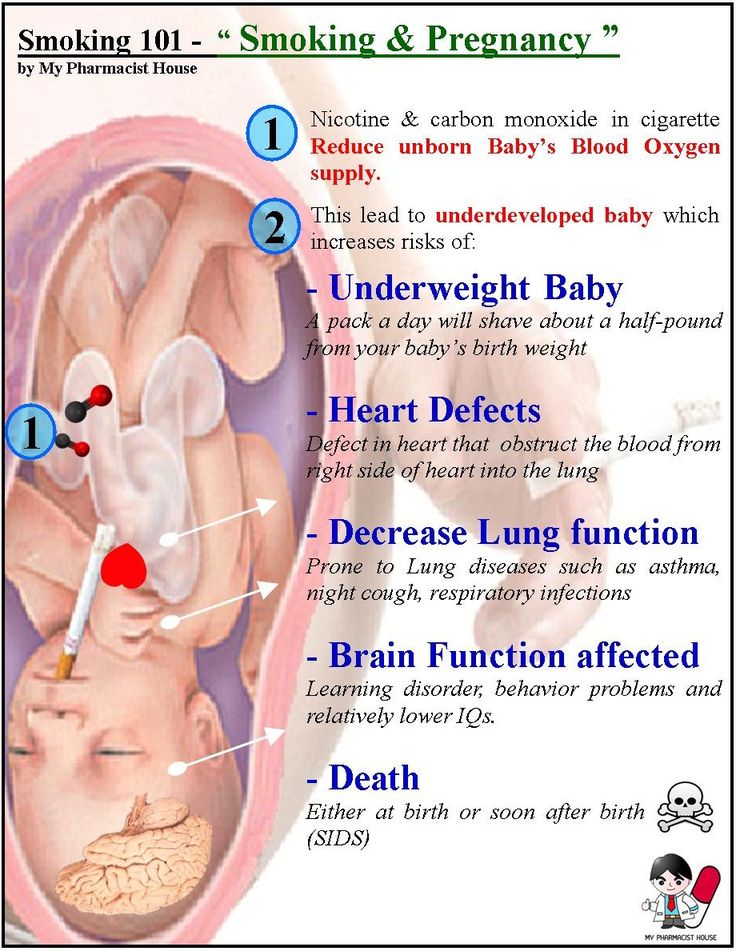
Do not be afraid to offer your child the originals, thinking that he will not understand them. Art does not need adaptations
When it comes to choosing composers and works for children to listen to, the first thought that comes to mind is that the Viennese classics and romantics are most suitable for these purposes. Their music seems to many to be more understandable compared to, for example, the 20th century, which not every adult will understand. In 1993, there was even a theory about the "Mozart effect": allegedly listening to his great music from the cradle helps to grow a genius. Later, at 1999th, this theory was refuted.
In what atmosphere Mozart, Beethoven and Paganini grew up
In my opinion, accessible works can be found in almost all eras. And I will say even more, the way of getting acquainted with music by chronology, which will be convenient for many adults, is completely optional in the case of children. The child cognizes the reality that surrounds him - such as it is. For example, in your opinion, a child needs to first learn the primary colors: red, yellow and blue, and only then move on to the secondary ones - orange, green, and so on. It is quite possible that the child will turn his attention first to purple, then to black, and at first he will not remember red at all. And this "inconsistency" will not prevent him from learning all the colors over time and will not negatively affect his understanding of the color palette.
For example, in your opinion, a child needs to first learn the primary colors: red, yellow and blue, and only then move on to the secondary ones - orange, green, and so on. It is quite possible that the child will turn his attention first to purple, then to black, and at first he will not remember red at all. And this "inconsistency" will not prevent him from learning all the colors over time and will not negatively affect his understanding of the color palette.
So, if we believe that it is necessary to select works for the baby's music library not according to chronology, then what are the main criteria?
1. Genre and line-up of performers
Let me remind you of the imperfection of the baby's sense organs - the ears in particular. The works performed by a large symphony orchestra represent a terrible noise for the baby. He is unable to hear something in this. And brass instruments, percussion and will make the baby shudder at all. First, choose the chamber composition of the orchestra; ensembles - quartets, duets; works for piano or other solo instruments with piano accompaniment.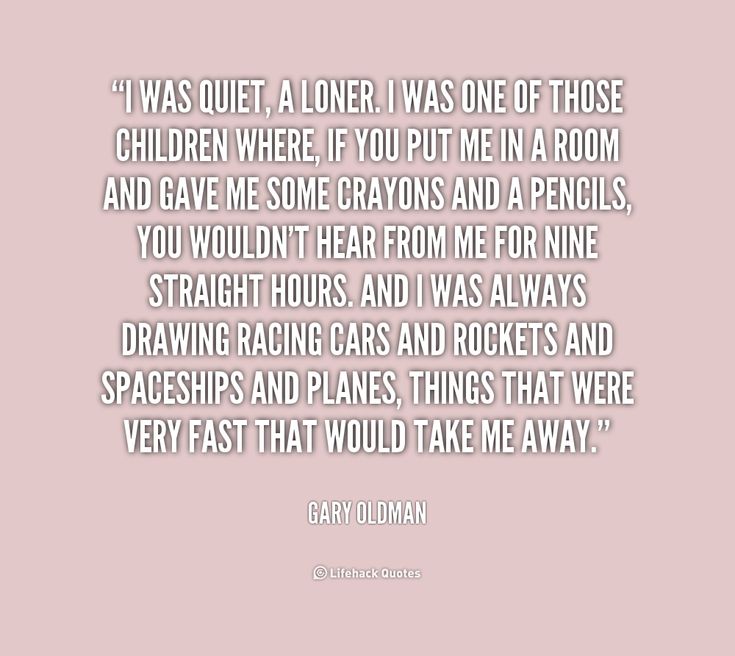
Both major musical forms and serious genres should be postponed to the future. The kid is unlikely to appreciate symphonies, oratorios, masses and other operas. It is worth making a choice in favor of not too long pieces or excerpts of large works that are suitable according to our parameters.
2. Emotional coloring of the work
This item is closely related to the previous one. Because a serious thought and a powerful emotional message are embedded to a greater extent in large works. A child is unlikely to be able to empathize with such charged music - he does not have the necessary life experience and simply his brain has not yet matured to perceive such complex information. This is too strong an effect on the child, which should be avoided.
3. Registers, dynamics
This item is related to the previous one. Because a serious thought and a powerful emotional message embedded in large works, as a rule, are achieved using stronger means: sounding in different registers and using expressive dynamics. Extreme registers (very low and very high sounds) and contrasting dynamics (fortissimo, especially sudden, after the piano) are too harsh sounding, it is difficult for small ears to perceive and can simply frighten a child.
Extreme registers (very low and very high sounds) and contrasting dynamics (fortissimo, especially sudden, after the piano) are too harsh sounding, it is difficult for small ears to perceive and can simply frighten a child.
4. Child's reaction to music
The slightest displeasure of the child in response to music should be a signal for you to stop listening to this piece. No need to try to "listen out", even if there is very little left. We are strongly against violence against a small person, even in this manifestation.
Music in your family: the influence of parents on the formation of a child's musical taste
You don't need to convince your child of how useful and pleasant it is to listen to the classics, you need to enjoy it yourself. All experienced parents have long known that a child perceives not so much our words as our example. If a parent says one thing and does another, then the child will draw a conclusion from actions, not words. If a mother methodically turns on a Beethoven child according to the schedule, and then cheerfully cleans up to the hits of the Brilliant group, then the child is unlikely to conclude that the classics are good, and pop is rubbish. In the first years of life, you are more than ever able to influence the formation of the tastes of the baby.
If a mother methodically turns on a Beethoven child according to the schedule, and then cheerfully cleans up to the hits of the Brilliant group, then the child is unlikely to conclude that the classics are good, and pop is rubbish. In the first years of life, you are more than ever able to influence the formation of the tastes of the baby.
If you are still expecting a baby, it means that you have some wonderful months ahead of you when you can devote maximum time to yourself. Then there will be a long period when you do not belong to yourself, you are just a life support device for your helpless baby at first.
While the child is inside you, your emotional state is extremely important for him, so a deeper acquaintance with the classics is an ideal find for you
So, how to start understanding and loving academic music? Fortunately, modernity allows us to access all the necessary information in order to pump a skill. The main thing is to gradually get acquainted with new works and, if possible, go to concerts. You can choose a suitable method for yourself: get acquainted with the iconic works of the most famous composers in chronology or choose authors of the early twentieth century who are closer to us in time and spirit. Some advise to give yourself entirely to the power of emotions and "listen with your heart", correlating music with your emotions and moods. Those who like a solid approach may like to study music with a deep dive into theory. Regulars of social events can go to symphony concerts, operas and ballets.
You can choose a suitable method for yourself: get acquainted with the iconic works of the most famous composers in chronology or choose authors of the early twentieth century who are closer to us in time and spirit. Some advise to give yourself entirely to the power of emotions and "listen with your heart", correlating music with your emotions and moods. Those who like a solid approach may like to study music with a deep dive into theory. Regulars of social events can go to symphony concerts, operas and ballets.
Whatever you choose, remember that any academic work requires more attention than a song by contemporary artists
Most likely, during the first listening, the work will seem complicated and incomprehensible to you. However, after several repetitions, you will begin to understand its logic, to hear individual topics. Keep listening and what seemed impossible to grasp will become close and understandable.
Your Child's Music Library
Making lists like "100 Books Everyone Should Read by Age 30" and "100 Best Pictures of All Time" is always a thankless task. Such a list looks, on the one hand, silly and banal, because some of the above mentioned set everyone on edge, and on the other hand, it does not evoke a response, because another half of the names do not tell you anything. Such "universal" lists are not about you or anyone else. This is a hodgepodge that turned out randomly.
Such a list looks, on the one hand, silly and banal, because some of the above mentioned set everyone on edge, and on the other hand, it does not evoke a response, because another half of the names do not tell you anything. Such "universal" lists are not about you or anyone else. This is a hodgepodge that turned out randomly.
Therefore, I will get out of this situation as follows: in our hundred compositions for the baby, I will try to include as many different composers as possible, so that you can appreciate the variety of music available to listeners who start from scratch - young children. You will be able to pay attention to composers whose music will attract you and later get acquainted with their other works on your own. A sort of family method of immersion in the classics. My selection of 100 works is at the link below.
100 pieces of academic music for children
It seems that this task of understanding academic music from scratch is overwhelming. But if you want the classics to play an important role in your child's life, you yourself must believe in music. Don't force your child or yourself to listen to classical music. This is not a job, but a whole world that will open up to you and become a source of wonderful strong emotions.
But if you want the classics to play an important role in your child's life, you yourself must believe in music. Don't force your child or yourself to listen to classical music. This is not a job, but a whole world that will open up to you and become a source of wonderful strong emotions.
Cover image: iStockphoto / AGrigorjeva
Best age for learning to play the piano
Best age for learning to play the piano
Music affects both children and adults and plays an important role in the mental and physical development of children if started at an early age. Music is already present in the lives of children in infancy, in the form of lullabies or poems that you sing or play for them. But this is only the beginning of a journey that will open up many advantages for them in the future. The study of any musical instrument stimulates creativity and a sense of pleasure in social activities in children. When kids start learning to play the piano, they will have many hidden benefits that will affect their body, mind and soul. The lack of feeling of loneliness and complete instant relief from any depression are just two of the many benefits that a person receives from learning to play the piano.
The lack of feeling of loneliness and complete instant relief from any depression are just two of the many benefits that a person receives from learning to play the piano.
- You may think that it is too early for your children to start playing the piano, but even if they can't learn to play, just being in class is good too. Listening to piano music can motivate them and expand their minds. This will give them a sense of happiness from socialization with other people.
- Various studies have shown that children who learn to play the piano from an early age show impressive results in logical reasoning and problem solving. Learning to play any instrument (especially a complex one like the piano) stimulates the development of their nervous system and leads to improved brain function. Therefore, such children tend to get good grades and show better results in mathematical and cognitive tests compared to others.
- Children who begin music education have fewer discipline problems than their classmates.
 Most of them strive to achieve results in everything they do, and thus they enter the chosen universities in the chosen specialty.
Most of them strive to achieve results in everything they do, and thus they enter the chosen universities in the chosen specialty. - Children who can play the piano on their own do not feel lonely and are able to spend time productively by themselves.
In addition, there are many other benefits that children receive from an early age in music. Let's talk about them in more detail.
The Casio A-800 digital piano in a natural oak case was released in a limited edition
for the 10th anniversary of the company in the Russian market, but everyone liked it so much that it has been produced for a year already
Like parents, you can give your child a lot:
- Make music a part of everyday life at home.
- Let children listen to different genres of music on different instruments. Take them to concerts or listen to the radio with them. Let them explore the magical world of music in a variety of ways.
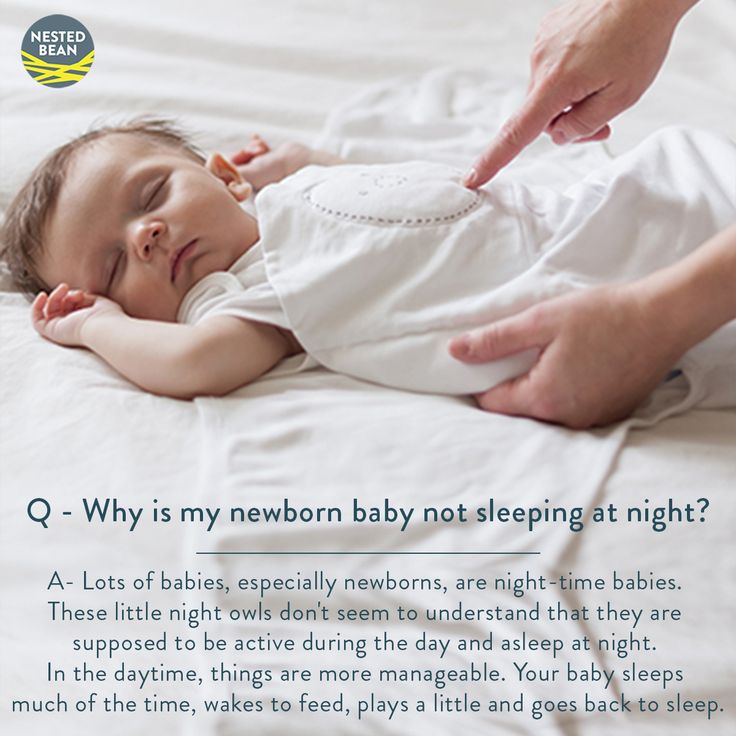
- If one of you is a singer or musician, you can pass on the gift of music to your children.
- For preschoolers, make your own tool at home with jars, whisks, cups, etc. They will have lots of fun.
- Encouragement is a necessary part of learning to play the piano or other instrument for your children. Show interest and praise them for their progress.
- Be a role model for your child. If you don't know how to play the piano, study with your children to motivate them.
Because piano lessons offer so many developmental opportunities for children, it's never too early or too late to start learning to play. Why not give children the chance to develop and enrich their lives as soon as possible?
Estimate the right time to start studying
No one but you can better understand your children. Therefore, you need to evaluate for yourself whether it is time for your child to learn to play the piano or not.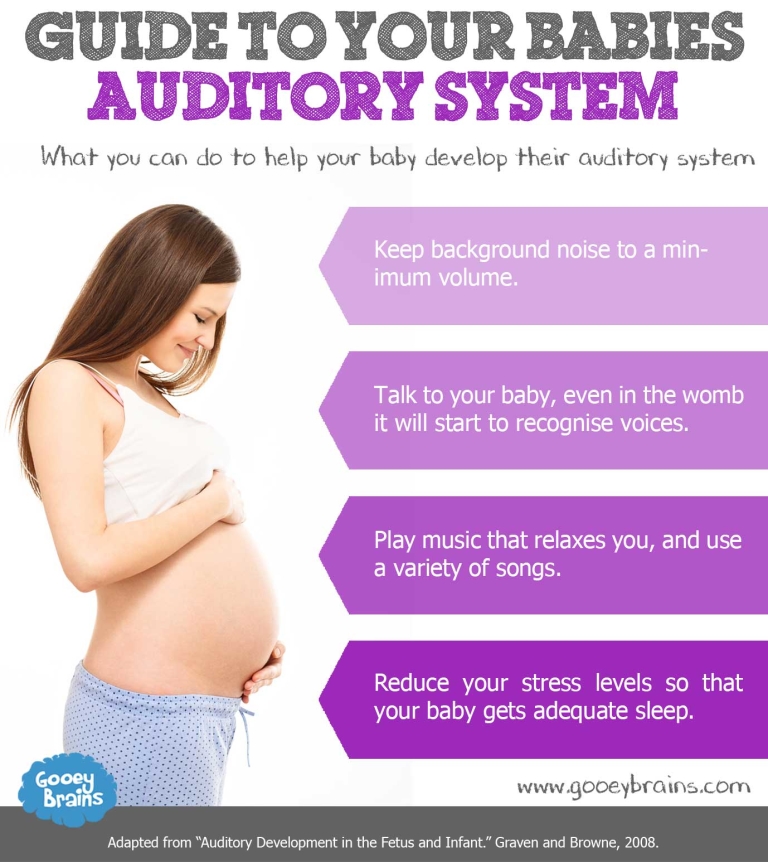 Just because you've seen a video of a four year old playing the piano doesn't mean you should start teaching your four year old (or younger). First introduce the child to the instrument, check if the child shows interest in it. At a social event, at a music store, or on TV, show your child the piano. Some children do not respond well to the normal learning structure and prefer to explore the instrument themselves. Introduce music, singing, dancing, and the like into your children's daily routine before you begin to prepare them for playing the piano.
Just because you've seen a video of a four year old playing the piano doesn't mean you should start teaching your four year old (or younger). First introduce the child to the instrument, check if the child shows interest in it. At a social event, at a music store, or on TV, show your child the piano. Some children do not respond well to the normal learning structure and prefer to explore the instrument themselves. Introduce music, singing, dancing, and the like into your children's daily routine before you begin to prepare them for playing the piano.
Check readiness
Here we have outlined a few signs that your child is ready to learn to play the piano. Most children don't show these signs until age 5-8, so there's no need to rush.
- Interest in learning music: Motivation is a significant factor in assessing a child's readiness for piano lessons. Parents should spend time with their children to instill in them an interest in music and to see if they have a desire to play this instrument.

- Hand size: When starting piano lessons, make sure your child's hands and fingers fit comfortably on the keyboard. An acoustic grand piano may be too big for your little one, so it might be better to buy a small digital piano. Your child should be comfortable playing - this is the main part of learning.
- Finger Movements and Independence: Your child should understand finger movements and be able to use each of them independently. It is necessary to play the piano. You can test finger movements and how many fingers your child is using by letting him or her explore the instrument. A child who plays the piano with one finger may not yet be ready for lessons.
Learning from books
If you are planning to teach your child to play from books, wait until he is fluent in reading. This means that you have to wait until 7-8 years. If you prefer to learn by ear, you can start at 5-6 years old.
Education with other children
Even if your child starts school at age 8 or later, it's not too late.





